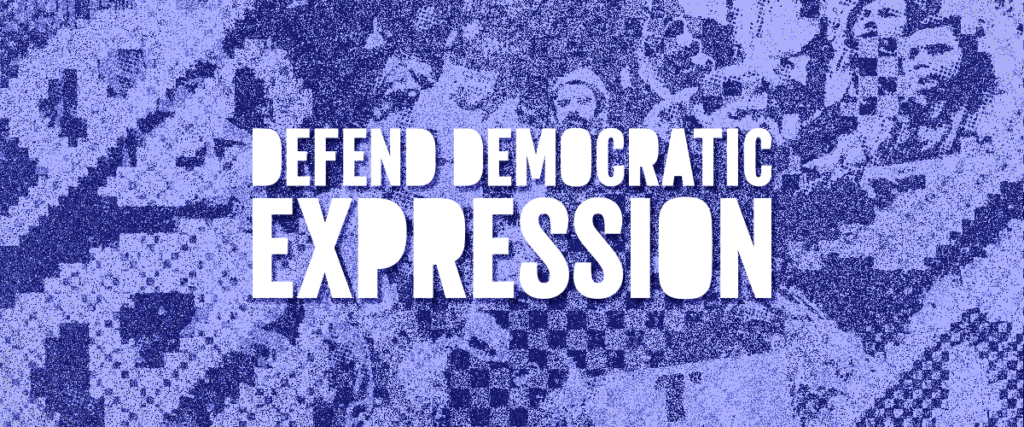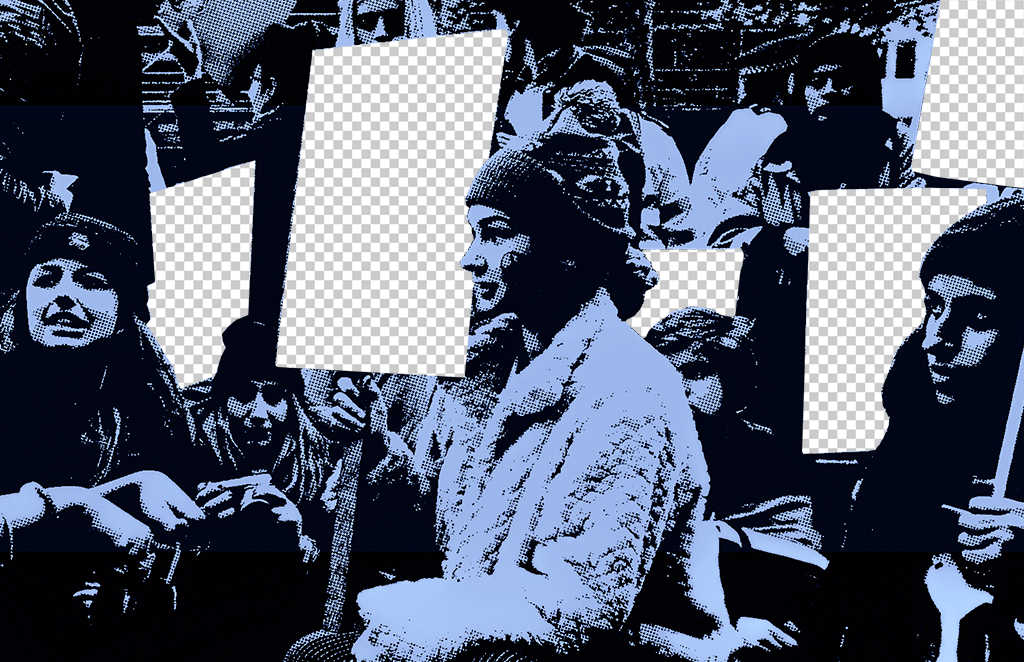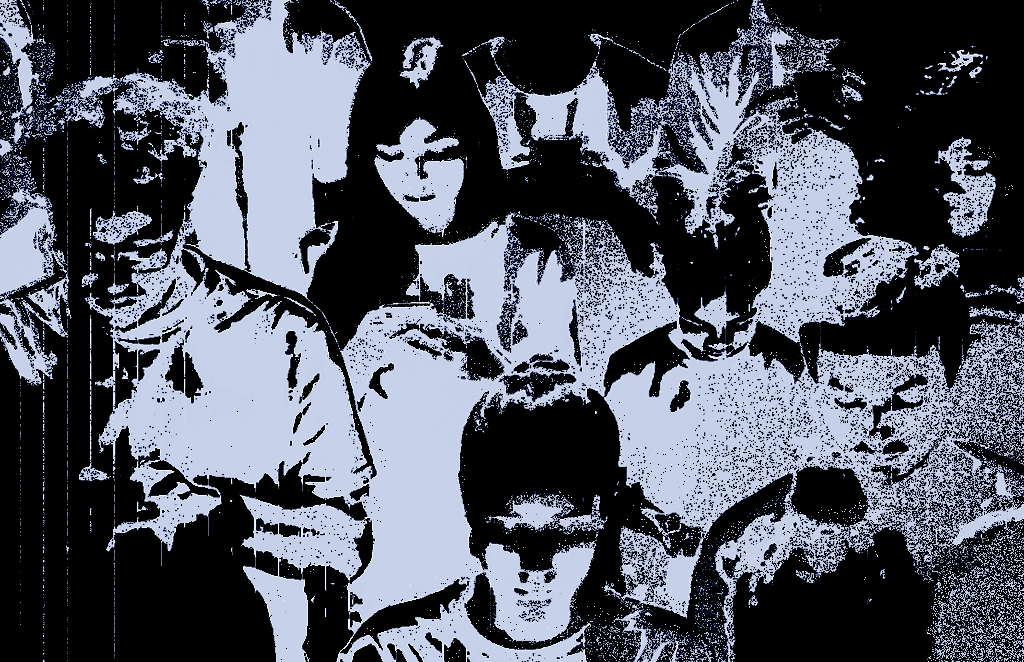
Free expression online
Small Boats and Silent Protest: Prior Restraint in the Online Safety Bill
Under new rules created by the Online Safety Bill, all illegal content must be removed from social media platforms. The government position is clear that this content ‘has to go’, but the way the platforms will do it creates a new and dangerous threat to free speech.
What is Prior Restraint?
It’s about blocking the words before they have been published. Preventing other people from hearing what users have to say. Stopping people from viewing videos by making sure they don’t get uploaded onto the platform.
This is what we believe is a form of prior restraint: a particularly draconian form of censorship that implements a ban before publication, and importantly, before a court has made a judgement that it is illegal.
It’s the opposite of the take down process, where social media companies check the content on their platforms and remove content that they believe does not comply with their rules or with the law. User will know this when they get a notification saying ‘Your content has been removed because it does not comply‘ with either the platform rules or national law.
Censoring Content
The worry about prior restraint is that social media posts would be intercepted and removed while they are being uploaded before they reach the platform. It is sometimes referred to as an “upload filter”. The instruction in the Bill is that social media companies should “prevent users” from encountering – reading, hearing or viewing – illegal content.
There would be no evidence that the post even existed, so it will be very difficult to appeal. The Bill does not provide for users to be notified when content is removed, so social media companies will not be under an obligation to tell them. There is a complaints process, but when the content does not exist and there is no record of it being uploaded, how can anyone file a complaint?
“[Prior restraint is] a particularly draconian form of censorship that implements a ban before publication, and importantly, before a court has made a judgement that it is illegal.”
Dr Monica Horten, ORG Policy Manager
A similar process does currently exist for copyright enforcement. Users of video sharing platforms may have experienced it. This is when the platform prevents you from uploading a music track or movie because it is copyright protected.
The Online Safety Bill does not target copyrighted content, but it does go after a long list of criminal offences that would comprise illegal content. This raises concerns about what the platforms will remove, because the definition of illegal content is so badly defined and they are not required to have evidence. They just have to “reasonably infer” that the content is illegal. This is symptomatic of the poor drafting in the Bill and leaves the decisions about what is illegal content open to interpretation by individual social media companies.
defend democratic expression
Join our campaign to protect free speech in the Online Safety Bill.
Take ActionPolitical Interference
ORG has already raised the prospect that images of asylum seekers in small boats crossing the Channel could be suppressed in this way. These images could be caught by a new government amendment to the illegal content measures (Amendment 136A). The amendment does not mention small boats, but does reference unlawful entry to the UK, which means that social media companies will have to determine what content would fall foul of the law.
“[Prior restraint] raises the possibility not only of silencing speech but another attack on our democracy.”
Dr Monica Horten, ORG Policy Manager
Videos of protests could also be caught in this net, because the list of illegal content also includes Public Order offences. Further issues will be raised by terrorism content, which is sometimes difficult to distinguish from lawful content reporting war or conflict. Social media companies also have difficulties in determining whether posts discussing terrorist activity are genuine public discourse – and therefore should be allowed. The full list is in Schedule 5, 6 and 7 of the Bill.
All of this raises the spectre of political interference. The government has said publicly in an official statement that it wants to see images of small boats in the Channel removed. Offline, the Coronation Day arrests have illustrated another way that such interference could occur (although it has been denied).
An Attack on Democracy
The idea of the government wading in to tell social media companies what content to remove becomes especially worrying when the content is to be removed prior to publication. That’s why prior restraint is a deep concern. It raises the possibility not only of silencing speech but another attack on our democracy.
DISCOVER MORE

Free expression online
11 May 2023 By Pam Cowburn
Online Safety Bill: A Danger to Democracy
01 Sep 2022 By Dr Monica Horten
Could debate on immigration be suppressed?
29 Sep 2022 By Dr Monica Horten
Will the upload filter ban images of protest?
Don’t Scan Me!

